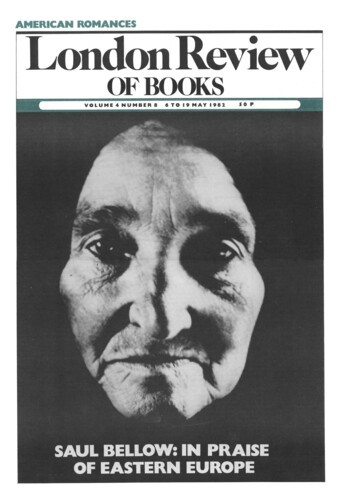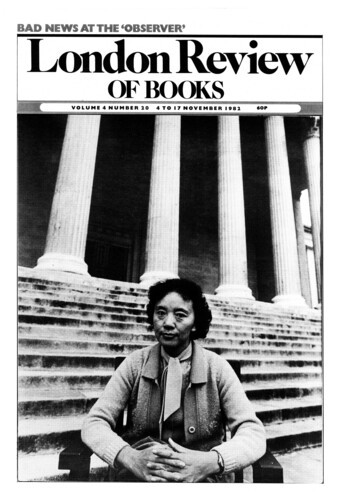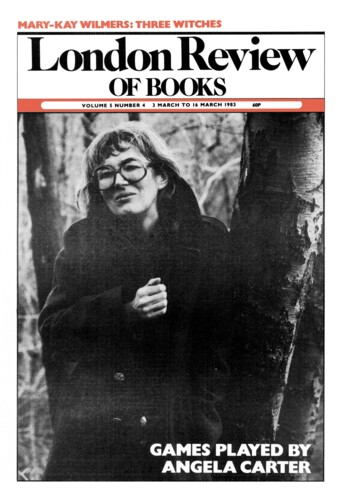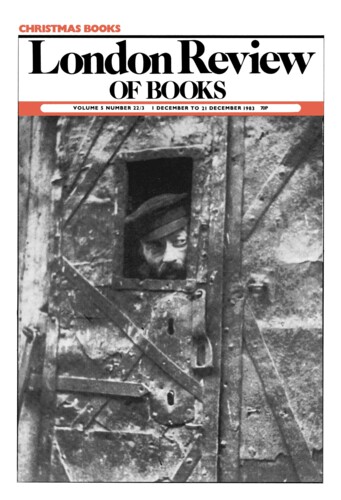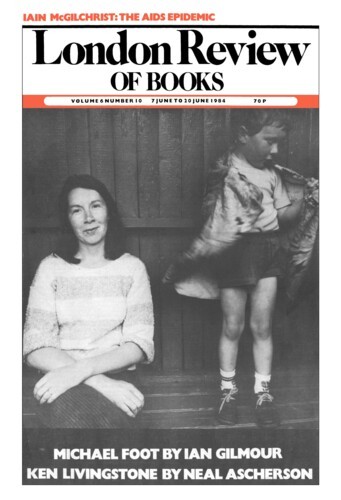Patty and Cin
Mary-Kay Wilmers, 6 May 1982
‘I grew up,’ says Patricia Hearst, describing what life had once been like for the granddaughter of Citizen Kane, ‘in an atmosphere of clear blue skies, bright sunshine, rambling open spaces, long green lawns, large comfortable houses, country clubs with swimming-pools and tennis courts and riding horses.’ It must have been a nice life, and would look pretty in the cinema, but heroines endear themselves by their difficulties and until the SLA kidnapped her Patricia Hearst’s only difficulty was that she was a bit short. Five foot two – not a dwarf, but her girlfriends were taller. ‘Most things came easily to me,’ she says a little later,‘sports, social relationships, schoolwork, life. I had only to apply myself to them and I found I could do them well, to my own satisfaction.’ Is she trying to tell us that it was especially brutal of the SLA to intervene in a life that ran so smoothly, or is it that she wants us to know that she wasn’t some kind of neurotic who could be expected to crack up in difficult circumstances?
